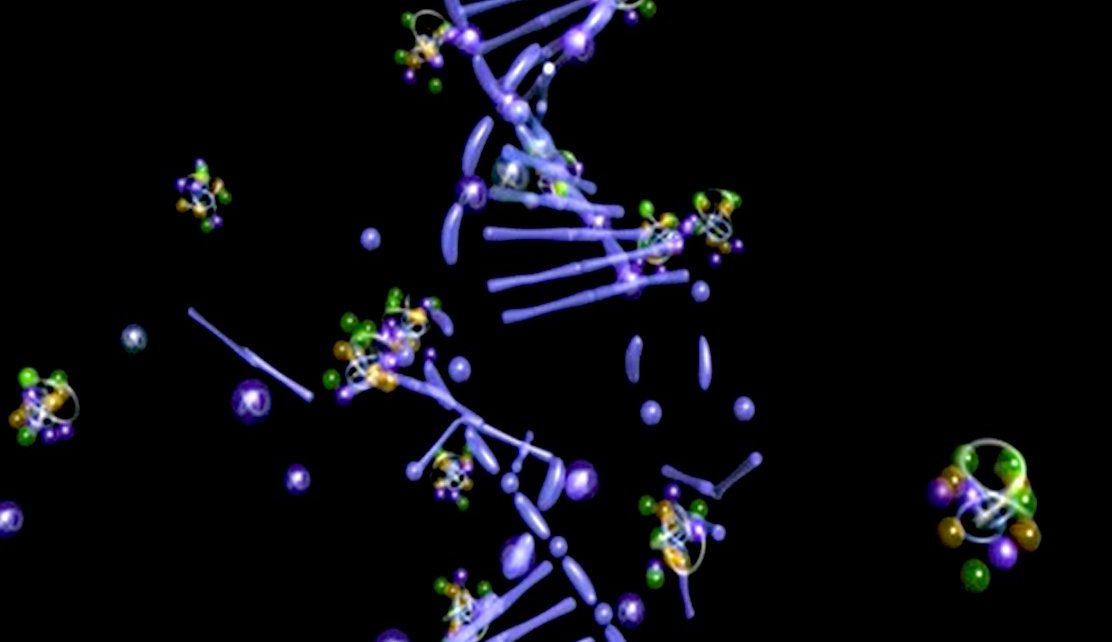
Genetic compatibility in couples
When faced with fertility issues, many people believe that this is often due to the couple’s incompatibility. The reason behind this inability to fall pregnant is often unknown and quite simply a mystery due to some form of irresolvable ‘genetic issue‘. When faced with such circumstances, we can but give in and accept it and, as with all popular beliefs, there is some truth in it.
It’s estimated that around 20% of reproduction issues are down to genetics. In fact, many of the tests carried out as part of patient fertility analyses in our clinic, aim to determine if there is a genetic issue behind the couple’s difficulties falling pregnant.
But actual genetic compatibility tests did not exist until very recently. Progress in DNA sequencing (Next Generation Sequencing) technology means that nowadays we are able to offer patients new options in terms of diagnosis.
Nowadays, there are new genetic tests available that mean we are able to determine if either of the partners are carriers of a hereditary disease that could be passed on to children. Tests of this type centre around recessive hereditary diseases. In other words, diseases that present symptoms when the two genes inherited from our parents are both mutated. People who only have one mutated gene are ‘carriers’. That is, they can pass the disease on but they don’t have the disease themselves.
Everyone is a carrier of one disease or another. The problem arises when both partners are carriers of the same disease because, in such cases, there is a 25% probability that the children will inherit both mutated genes and the disease itself. New genetic tests mean we can analyse over 600 recessive hereditary diseases and rule out the possibility that both partners have the mutation in the same gene. This reduces the risk of their transmission. Since the year 2020, we offer the possibility to study 2306 genes that allows the testing of over 3000 recessive disorders.
Fortunately, there are alternatives for those hypothetical cases in which both partners have a mutation in the same gene. Such patients require adequate preconception counselling since genetics nowadays enables us to opt for solutions such as Pre-implantation Genetic Diagnosis (PGD) that will eliminate the risk of passing on the condition to the future baby.
The 600 recessive disorders detected by the Genetic Compatibility Test (GCT)
Dr José A. Ortiz biochemist at IBBIOTECH, part of the Instituto Bernabeu group.
